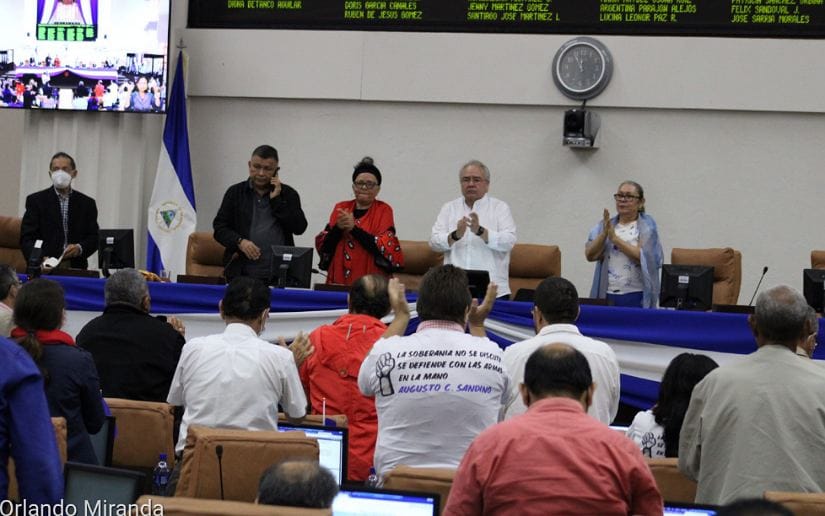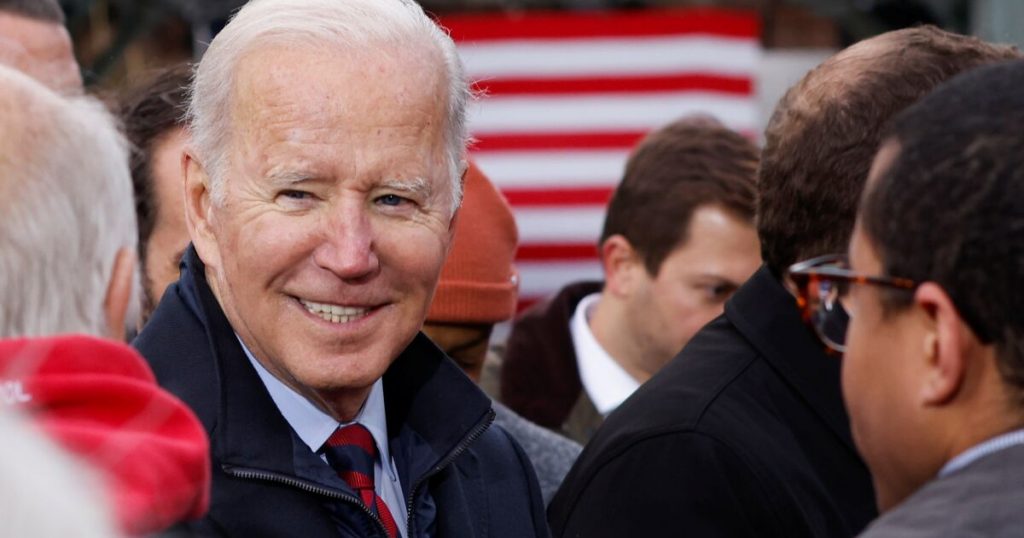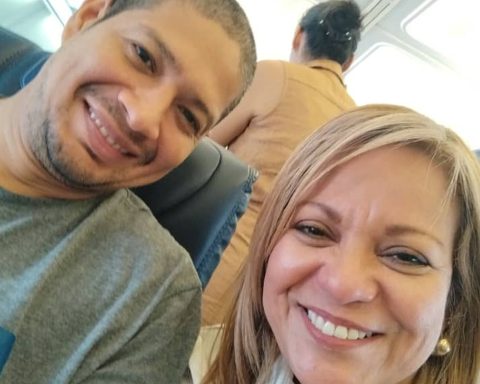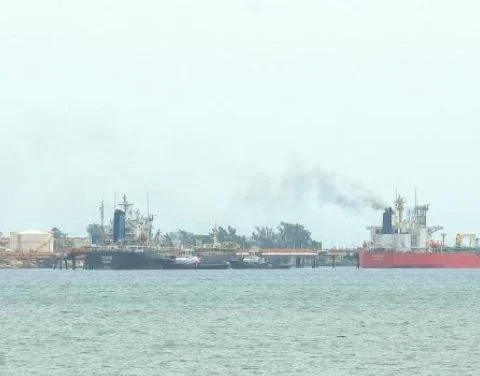The Legislative Power —controlled by the Ortega and collaborationist deputies— stood out in a possible process of Nicaraguan exit from the Organization of American States (OAS), by issuing a resolution in which other aspects, asked the governor Daniel Ortega to denounce the Constitutive Charter of the regional body.
In the third point of this resolution, approved by 83 deputies among Ortega members and collaborators, it is established that “the President of the Republic, in his capacity as Head of State and Head of Government, should be urged to denounce the Charter of the Organization. of the American States, following the mechanism stipulated in Article 143 of said instrument ”.
An analyst who asked not to be summoned to avoid retaliation by the regime, explained that the procedure initiated by the National Assembly is nothing more than a maneuver by Ortega to give an image of a supposed consensus among all the powers of the State regarding the actions of the OAS.
“In the first place, it must be clarified that the OAS suspends, it is not that it expels a country from the body. That is what the Inter-American Democratic Charter establishes. Before being in a situation of suspension, because the regime what it seeks is to take a step forward and ask for its departure. It also seeks to give an image of consensus among all the powers of the State, to say that it was the powers of the State of Nicaragua that asked Daniel Ortega to withdraw Nicaragua from the OAS, ”he explained.
According to article 143 of the Charter of the OAS, it may be denounced by any of the member states, by means of a written communication to the General Secretariat, which will communicate in each case to the others the notification of denunciation that it receives.
“After two years from the date on which the General Secretariat receives a notification of denunciation, this Letter will cease to have effect with respect to the complaining State, and the latter will be separated from the Organization after having complied with the obligations emanating from the present Letter ”, he adds.
The idea of this resolution issued from parliament is that it be replicated by the Judicial, Electoral and Executive powers. To date, none of these powers has ruled on the permanence of Nicaragua in the OAS.
“To categorically and publicly reject the continuous interventionist actions of the Organization of American States, manifested on this occasion in the Resolution approved on November 12, 2021, adopted in Guatemala City, openly violating the principle of non-intervention in the internal affairs of other states. To request the other powers of the State of the Republic of Nicaragua to speak out against this reprehensible act of interference, so that together we may continue to defend the sovereignty and dignity of our homeland ”, quotes the resolution approved in parliament.
Ortega deputies lined up against the OAS
The Ortega deputy Gustavo Porras, announced from this Monday the start of strategy to start the process of leaving the OAS, in protest of the resolutions of this body that condemn the regime of Daniel Ortega and Rosario Murillo for the repression, political violence and the crushing of civil liberties in Nicaragua.
During the approval of the resolution, some of the Ortega deputies took advantage of their interventions to disqualify the role of the OAS in the socio-political crisis that Nicaragua is experiencing. “The OAS, with its actions, has more than earned the name of the US Colonies Ministry,” said Sandinista deputy José Figueroa, during the debate. “Enough for that Ministry of Colonies, enough for this international body that does not represent us,” said, for his part, his colleague Iris Montenegro.
“Its role (that of the OAS) is to be a spokesperson for the opinions of the United States,” snapped the official legislator Carlos Emilio López, for whom “denouncing the Charter means ceasing to be part of that body that has only served as a ministry of Colonies of the United States ”.
On November 12, Daniel Ortega’s regime suffered a political defeat in the General Assembly of Foreign Ministers of the OAS, when 25 countries approved the resolution that declared “no democratic legitimacy” the voting, in which the Sandinista leader was re-elected for the third consecutive time, without political competition and without democratic guarantees.
The OAS foreign ministers established November 30 as the deadline for the Permanent Council to carry out a “collective assessment” of the country’s situation, “in accordance with the OAS Charter and the Inter-American Democratic Charter,” and that it “ take the appropriate actions ”, which would put the Ortega regime before a possible suspension of the organization.
Furthermore, this week the regime has been hit hard for a round of sanctions against its key officials and several of its main political operators on the part of the United States, Canada and the United Kingdom.
Also, this Tuesday, US President Joe Biden issued an executive order suspending and restricts the entry of Daniel Ortega, Rosario Murillo and any official of their regime to North American territory, including spouses, sons and daughters, as part of the pressure measures of this country to achieve the restoration of democracy and civil liberties in Nicaragua.
Venezuela: unique case
The only case of an exit from the OAS in its history has been that of Venezuela, under the dictatorship of Nicolás Maduro, one of Ortega’s main allies. The representation of that country has been exercised by an official of Juan Guaidó, whom the majority of members of the organization recognize as the legal representative of Venezuela.
Cuba and Honduras, at different times (1962 and 2009, respectively), were suspended as part of the application of the Democratic Charter, but they never ceased to be part of the OAS. Eventually Honduras rejoined the regional body, but Cuba maintained its position of not returning precisely, to avoid being subjected to interpellations for the democratic and human rights restrictions on the Caribbean island.
When Venezuela announced that it was starting its procedure to dissociate itself from the regional body in 2017, it became an unprecedented event since its creation in 1948. However, the presence of the Guaidó representative has already brought protests from some member countries, arguing that the Venezuelan opposition leader can no longer exercise this representation because two years have already passed since Venezuela’s request to withdraw from the OAS was given.


















